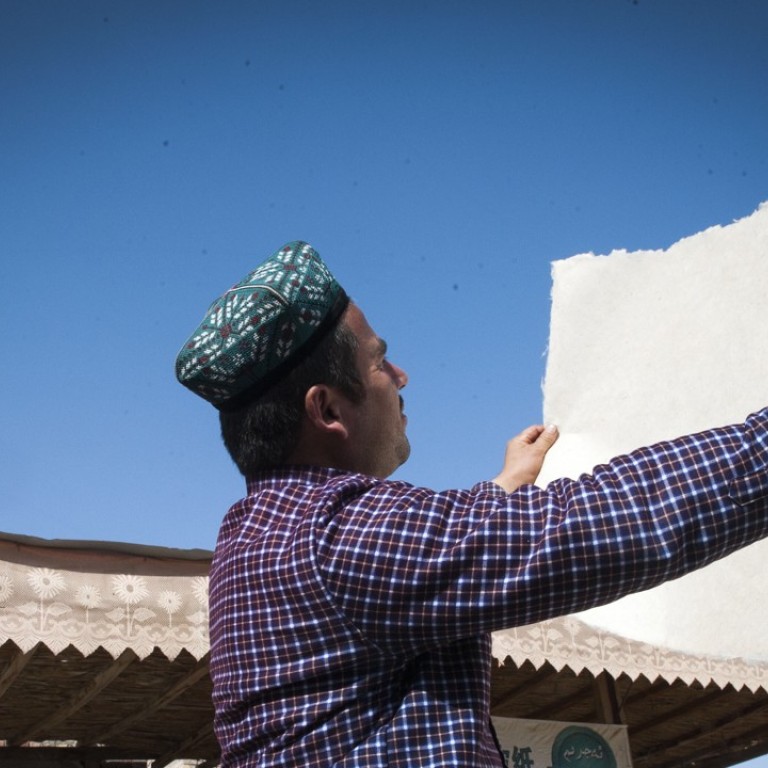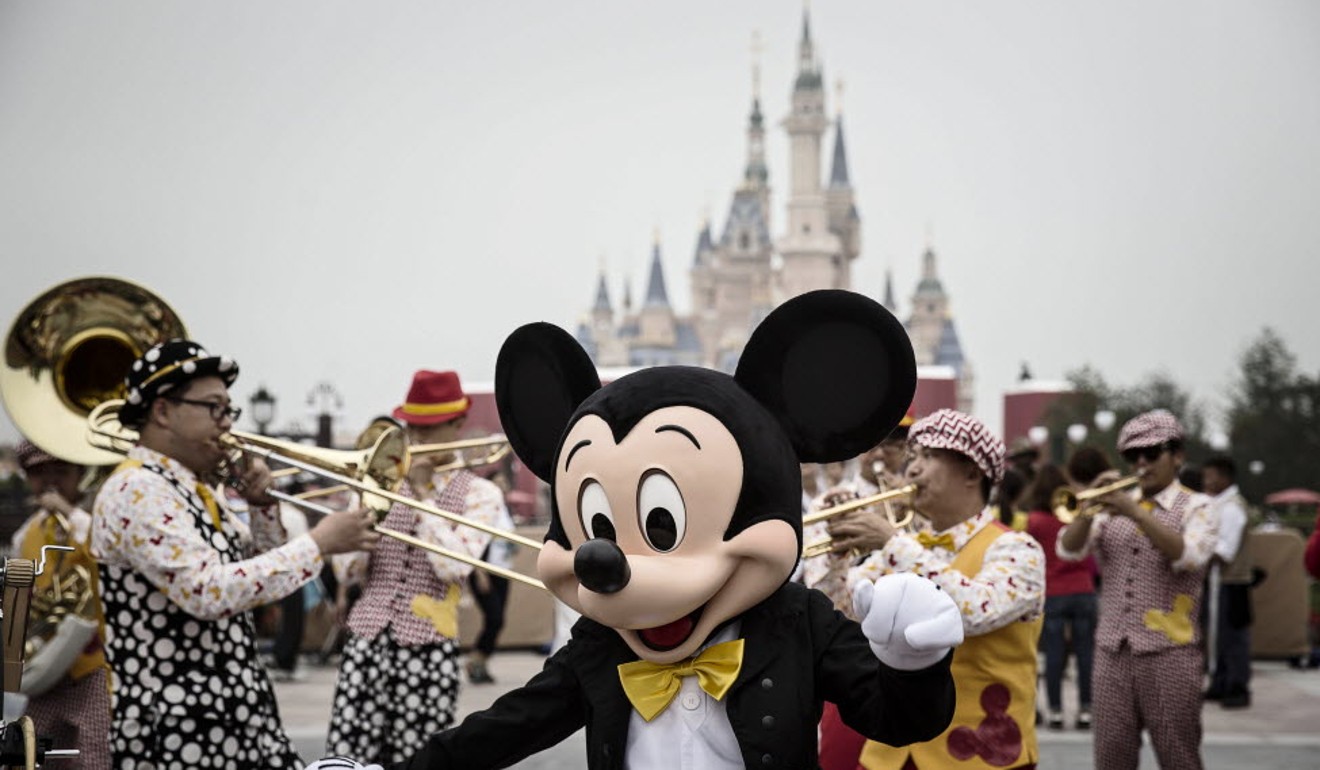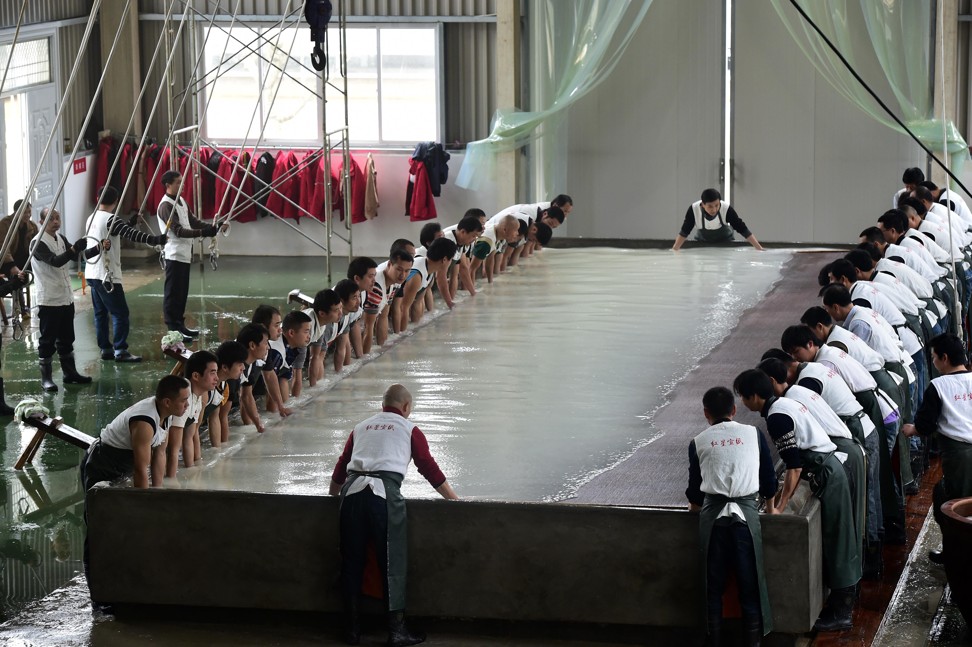
To see the fallacy of Trump’s intellectual rights charge, shall we all pay China for the use of paper?
Intellectual property protection does more to inhibit creativity than to promote it. We reward people to stop other people from making use of ideas that are really attributable to all of society.
“The United States will no longer turn a blind eye to unfair economic practices including massive intellectual property theft ...”
US President Donald Trump
-- SCMP, January 28
His list was longer, of course, of all the practices to which the US turns a blind eye or deems fair when practised by the US.
But I shall restrict myself here to his complaint about intellectual property theft and to China, as China is obviously the culprit he had in mind.
First, some perspective. The figures show that intellectual property royalties paid by China to foreign entities currently run at about US$27.4 billion a year, a tenfold increase over the last 15 years.
The present figure comes to just under one quarter of one per cent of gross domestic product. Strange to say, it is about the same proportion of GDP that the US pays foreigners in intellectual property royalties.
Ah yes, but the doctrine of American exclusivity clearly states that the US is the “bestest country” in the whole wide world, which must mean that Americans invented everything (move aside, you Scots).
Thus, we should not be surprised that the US owes the rest of the world little in copyright and patent royalties while China owes it more than China will pay.

These days, the term of patent rights is effectively indefinite in the US. Just add a little toggle to the design and file once more. If you’re lucky and the patent clerk is a blockhead, you win again.
The term for copyright meanwhile has been raised to 95 years. Mickey Mouse was about to come into the public domain in 1998. Can’t have that. Hong Kong kindergartens would no longer break American law with their window displays.
The European Union went even sillier. Works for which copyright had already expired were put back into copyright when the EU adopted longer terms for all of Europe.
What should strike you here is that it was all done unilaterally. There was no consultation with other sovereign states. Brussels ordained, Congress ruled, and the rest of the world was told to bow.
Let China also extend its intellectual property rights to longer terms. We shall make it 2,000 years and let the rest of the world pay Beijing royalties every time anyone uses paper
Very well, let us do it that way then. I have a suggestion for China’s President Xi Jinping. Let China also extend its intellectual property rights to longer terms. We shall make it 2,000 years, and now let the rest of the world pay Beijing royalties every time anyone uses paper.

Next, we can look at movable type, another Chinese invention. Surely The New York Times ought to pay Beijing royalties for its use of this invention. Mr Trump does not like that newspaper anyway. Come on, Donald. Make ‘em pay.
There is a truth about creativity and invention, which demands for protection continually ignore; it is that no complete new idea ever springs entirely of its own to the brain of any human being. Progress is the achievement of all of human civilisation, one small step at a time.
Intellectual property protection does more to inhibit creativity than to promote it
Thomas Edison did not invent the light bulb, nor Alexander Bell the telephone. They only completed the last step of a much longer process of our understanding of the physical world and our ability to manipulate its atomic elements. This ship’s voyage is much longer than the instant it touches port.
In my opinion, intellectual property protection does more to inhibit creativity than to promote it. We reward people to stop other people from making use of ideas that are really attributable to all of society.
The intentions may have been good but it has worked out to be just another way of enriching the haves and impoverishing the have-nots.
I cheer for Robin Hood when he is up against the Sheriff of Nottingham in the White House.

